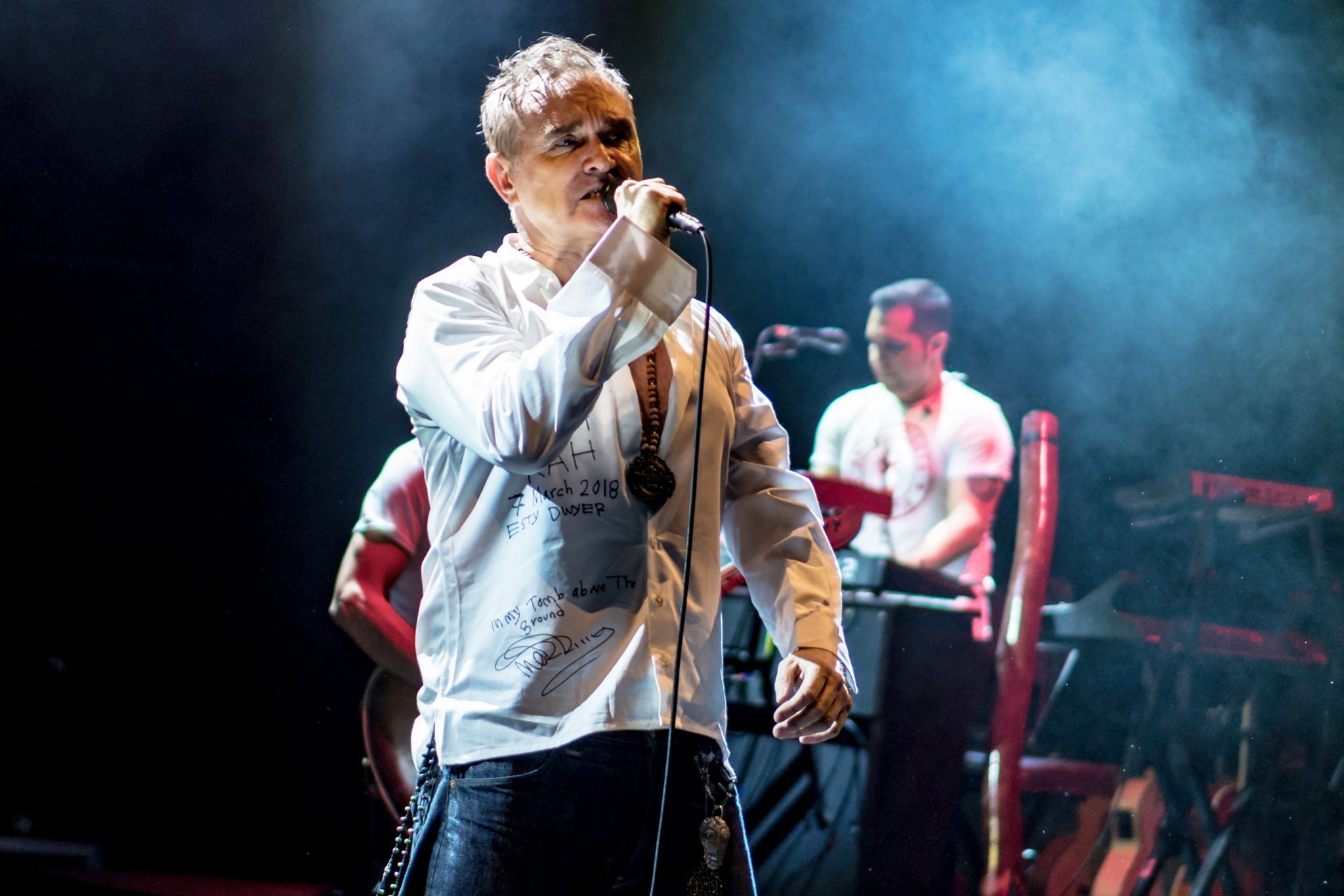Morrissey’s breaks vow to boycott Canada until seal hunting is banned


After his 13 year vow to never tour Canada again, The Smith’s former frontman Morrissey has scheduled a tour across the country, starting in April.
Steven Patrick Morrissey, known primarily as Morrissey, vowed to never perform in or buy products from Canada back in 2006, right around the time Stephen Harper was elected into office. He claimed his vow to be a form of protest “against the barbaric slaughter of baby seals.”
This “seal slaughter” he is referring to is known as seal hunting or sealing. It is practiced in nine countries around the world, with the most seal hunting occurring in Canada and Greenland.
When most people think of seal hunting, they probably associate it with seal clubbing and commercial sealskin trade, but this is a misconception.
The practice of commercial seal hunting actually became illegal in 1987, which prevented commercial hunters from hunting seals with violent methods, such as seal clubbing. This legislation put a legal quota on hunting as well.
Also, it is illegal in Canada to hunt baby harp or hooded seals, but once they begin to moult their fur they can be commercially hunted.
Inuit seal hunting accounts for a large majority of seal hunting across the world, but their small scale hunting methods are sustainable compared to southern Canadian hunters. Their method is non-industrialized and as humane as possible.
This is different from Canada’s commercial seal hunt. During peak hunting season alone thousands and thousands of seals are hunted en masse.
It is sometimes falsely stated that seal hunting in Canada only occurs during the peak season in spring, which is untrue. Inuit Canadians can hunt all year round, but the commercial seal hunt season is from November to May.
To be clear, I don’t think Morrissey is necessarily wrong in his vow for animal justice, but I do think him and other activists who are fully against seal hunting are misguided.
After his decision to return, Morrissey admitted that his protest “was ultimately of no use and helped no one,” but that he would be using proceeds from his ticket sales to donate to animal protection organizations.
In 1983, Greenpeace and other activist groups campaigned to get the European Union to ban seal skin products, and they ultimately succeeded in their campaign.
The new legislation only banned products from white coat harp seal pups but the campaign damaged the reputation of all seal skin products, and little thought was put into how this would affect Inuit hunters.
Inuit filmmaker Alethea Arnaquq-Baril directed the film Angry Inuk. She aimed to break down the portrayal of seal hunting by animal welfare groups as evil and inhumane — which is far from the truth.
The film touches on how crucial seal hunting is to the Inuit economy, as well as it’s cultural and traditional importance. It also focuses on the nutritional value that seal meat provides for Inuit communities in the Arctic, one of the most food insecure places in the country.
Since the market collapsed it’s been difficult for Inuit designers to sell their sealskin clothing, but Inuit people still use the fur to stay warm and dry, as the skin is waterproof and biodegradable.
One of the biggest misconceptions of all might be the belief that seals are endangered, but this is not the case. According to Fisheries and Oceans Canada, the population is stable and healthy, and none of the seals that are commercially hunted are at risk of being endangered.
I couldn’t help but think of the typical tropes of Indigenous culture when Morrissey called seal hunting “barbaric.” While he probably didn’t consider Inuit seal hunting when he made this claim, his use of the term barbaric is reflective of the racist stereotype of the “Savage Indian,” which portrays Indigenous people as excessively violent.
This is as far from the truth as possible. Inuit hunters only hunt what is necessary for their survival. In addition, they hunt seal in a way that is the least painful it. This means that they don’t participate in seal clubbing, which is excessively harmful to the seal.
In a letter written in 2014 to the federal Fisheries Minister for Canada, Morrissey called Canadians ineffectual, greedy, brutal and barbaric because of our seal hunt laws.
That’s kind of interesting coming from him, because he’s known for his controversial ideologies. He once called halal meat evil, he has defended alleged sexual abuser Kevin Spacey on Twitter and he compared seal hunting to the Holocaust, but I digress.
After his decision to return, Morrissey admitted that his protest “was ultimately of no use and helped no one,” but that he would be using proceeds from his ticket sales to donate to animal protection organizations.
At least he’s doing something useful with his ticket proceeds.
As much as I believe Morrissey’s ignorant comments should be taken with a grain of salt, it’s harmful opinions like his that contribute to the overall misunderstanding of Inuit seal hunting.


